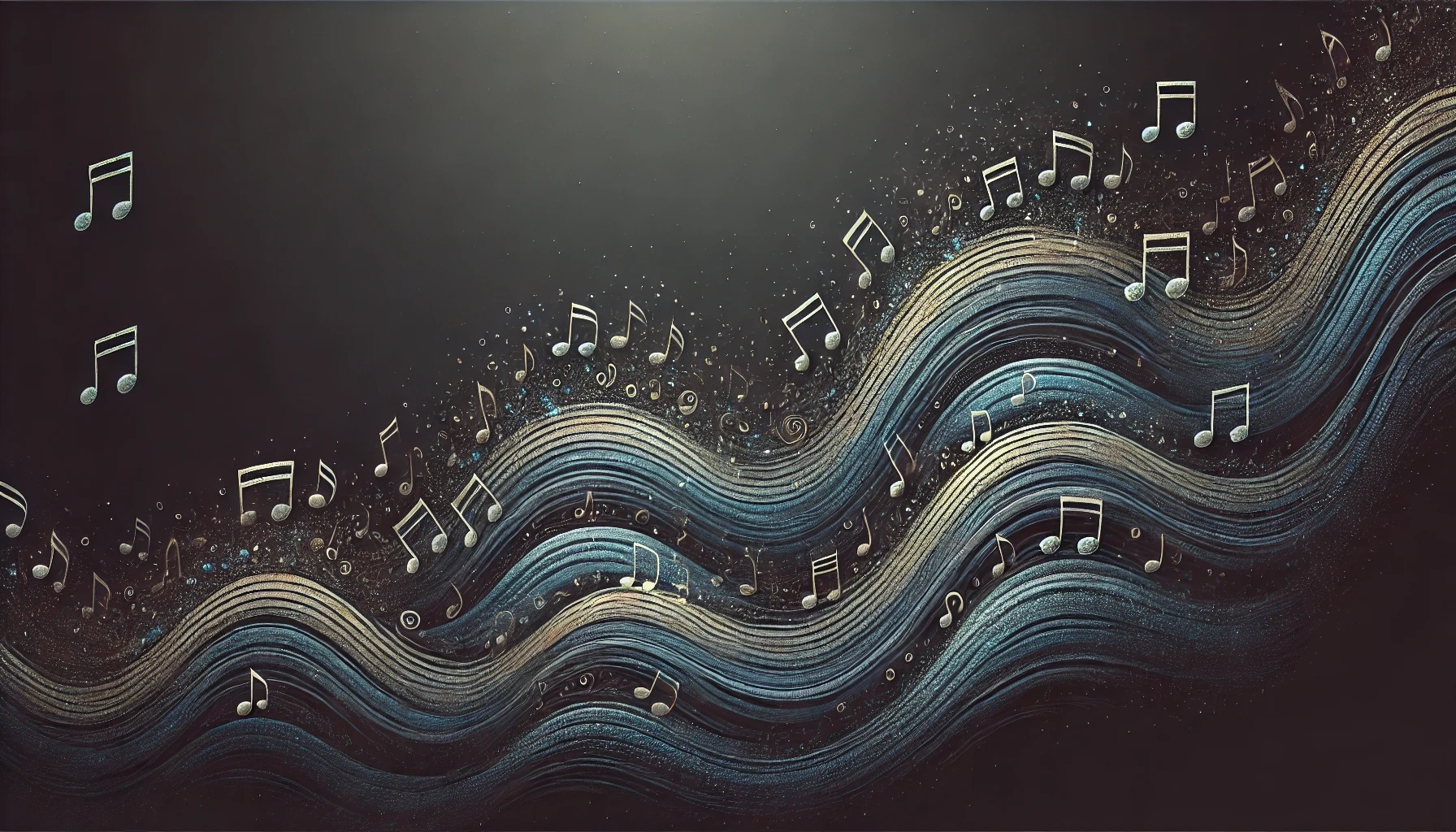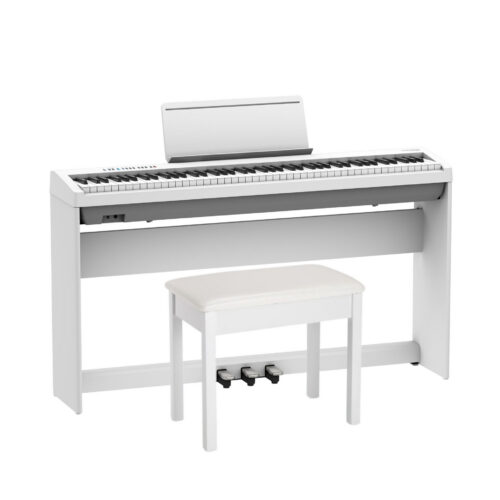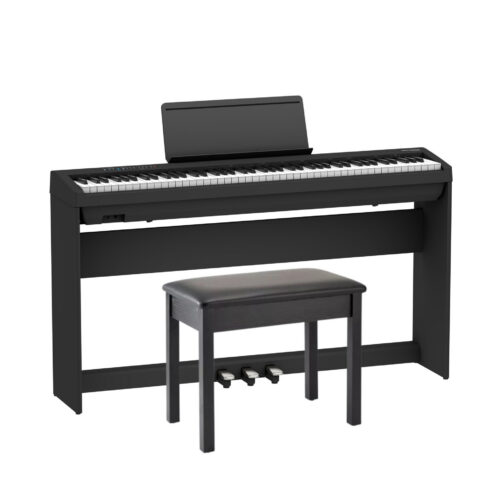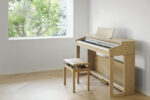Are you wondering what’s making your piano go out of tune? Keeping up with a piano’s maintenance is just like keeping up with car maintenance. If you want your piano to have a long and healthy life, it is essential to keep up with your piano’s maintenance. Let’s take a look at five things causing your piano to go out of tune:
Weather Changes
Almost 85% of an acoustic piano is made from wood, which means it has porous material to soak up the temperature and humidity. During periods like the summer with increased humidity, the piano components will absorb all the moisture and cause it to expand. This will loosen the string pressure and pulling the piano out of tune. Though these changes occur daily, major seasonal changes can cause significant changes in a piano’s pitch. This is why most piano manufacturers will recommend a minimal bi-annual tuning schedule for tuning.
Piano Placement
Even the highest quality and best pianos will have trouble staying in tune if placed in the wrong place. For example, it’s not the best idea to put your piano directly under sunlight, near an air vent, or even an uninsulated wall. It’s also suggested to keep your piano far away from fixtures that affect the room’s temperature, such as an electric heater, fireplace, or windows.
Neglecting Your Piano
Along with the piano’s environment slowly putting a piano out of tune, so will neglect. Whether a piano is played regularly or not, every piano requires a minimum annual tuning. A piano that has been neglected for more than a couple of years may require several tunings before becoming stable again. If a piano is disregarded for an extended period, the piano may lose its ability to be tuned at all. If a piano gets to this point, a good technician will recommend replacing the instrument since restoration might cost even more than buying a new piano.
Heavy Use
 Pianos that are used heavily require more frequent tuning. For example, school pianos, church pianos, or concert pianos are heavily used and will need four or more tunings per year. Every time the piano’s hammers impact the strings, they increase the stress on the strings and the pins. This is why it’s essential to play and “break-in” new pianos regularly. Playing a new piano regularly will help stretch out the new piano strings. However, it will also push a piano out of tune over time. The more a piano is played, the quicker it will fall out of tune.
Pianos that are used heavily require more frequent tuning. For example, school pianos, church pianos, or concert pianos are heavily used and will need four or more tunings per year. Every time the piano’s hammers impact the strings, they increase the stress on the strings and the pins. This is why it’s essential to play and “break-in” new pianos regularly. Playing a new piano regularly will help stretch out the new piano strings. However, it will also push a piano out of tune over time. The more a piano is played, the quicker it will fall out of tune.
Advanced Age
Over time, a piano’s wood frame will weaken, the curve on the soundboard will flatten, and the tuning pin block will slowly shrink. These things will happen naturally and gradually over several years until a skilled technician recommends a replacement. Very few people can tell whether their piano is in tune or not just by playing it. The process of going out of tune is subtle and slow, so it’s hard to detect. The only way to make sure a piano holds its tune is to set up a regular maintenance schedule with a technician you trust. 💡Check out our blog on “Easy Ways To Take Care Of Your Piano”
Conclusion
So, Is it time to get your piano tuned? We hope you enjoyed reading about these five things causing your piano go out of tune! Are you ready to buy your dream Yamaha piano? We can help you! If you have any questions about where to buy a piano for the best price, we are open! Our hours are Monday-Saturday from 10 am to 6 pm. We are happy to help you in person again, using all the guidelines we have been provided. We are here for you.








